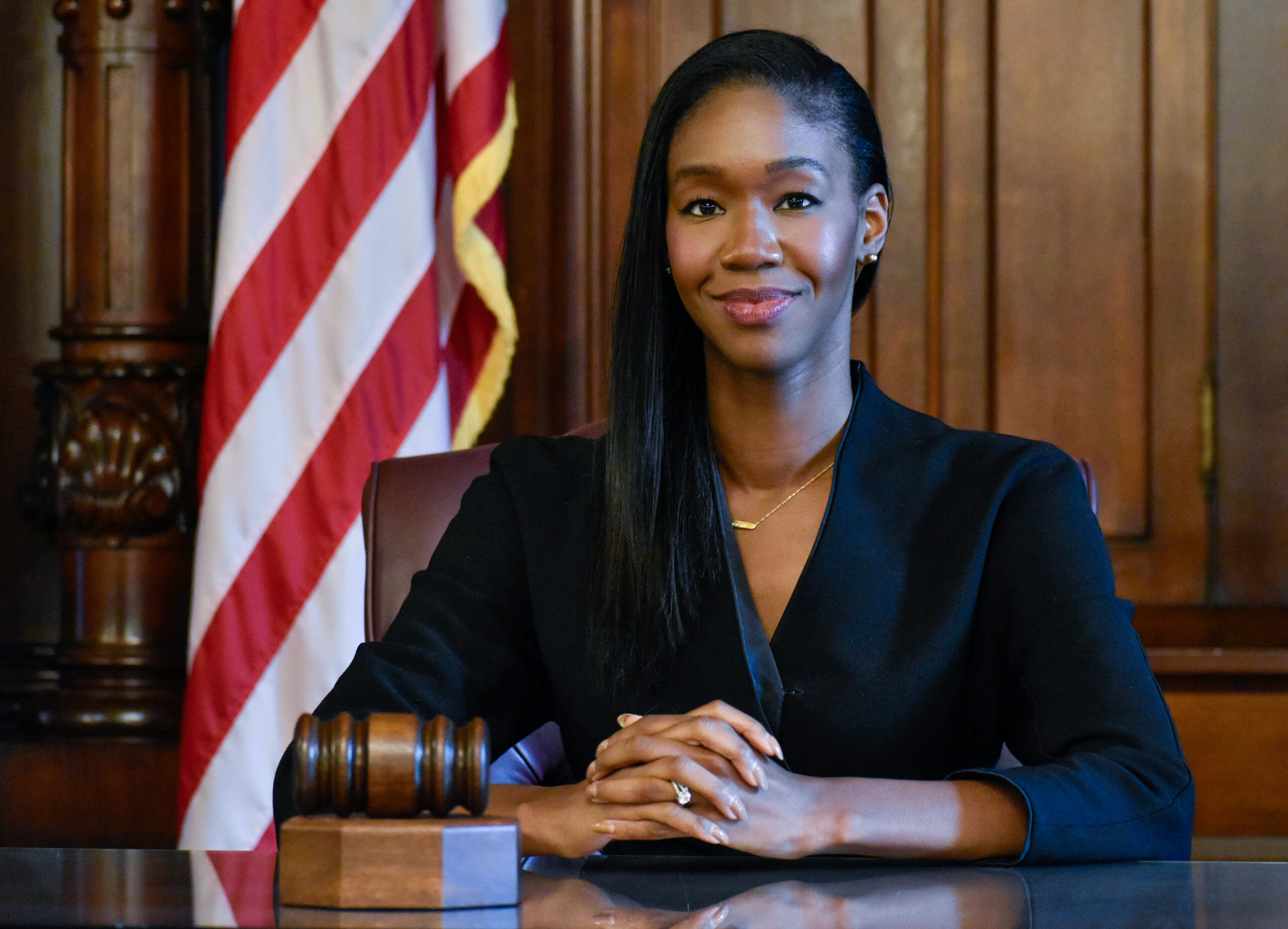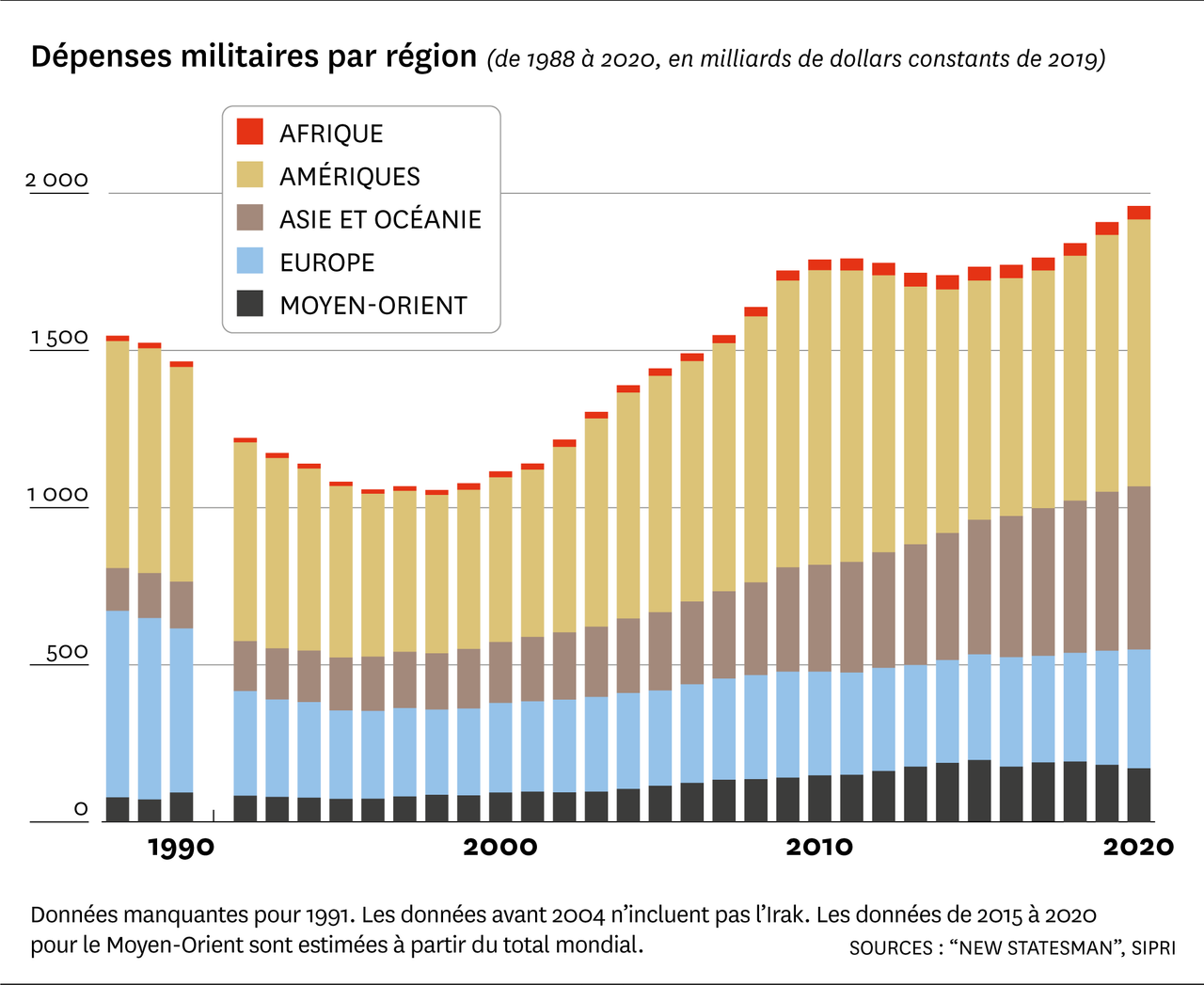The Supreme Court And Parental Rights: The Case Of LGBTQ+ Inclusive Materials In Elementary Schools

Table of Contents
The Legal Landscape of Parental Rights in Education
Defining Parental Rights: What Legal Protections Exist?
What legal protections currently exist for parents regarding their children's education? This question lies at the heart of the debate surrounding LGBTQ+ inclusive materials. While the specifics vary by state, parents generally possess certain rights concerning their children's schooling. These rights, however, are not absolute and are often balanced against the school's authority to manage its curriculum and create a safe learning environment.
Legal precedent surrounding curriculum choices and parental notification is complex and often determined at the state level. Relevant court cases and statutes vary widely, resulting in a patchwork of legal protections across the country. Some states have stronger parental rights statutes than others, leading to significant discrepancies in how schools handle parental concerns.
- Right to review curriculum materials: Many states allow parents to review the materials used in their children's classrooms, though the level of access can vary.
- Right to opt children out of specific programs: In some instances, parents may be able to opt their children out of certain programs or activities, such as sex education or specific literature units, if they have religious or moral objections.
- Limitations on parental rights within the school context: Parental rights are not unlimited. Schools maintain authority to determine the overall curriculum, ensuring it aligns with educational standards and legal requirements. This often leads to conflict when parental preferences clash with school policies.
Challenges to Parental Rights in LGBTQ+ Inclusive Education
The inclusion of LGBTQ+ inclusive books and materials in elementary schools presents a significant challenge to traditional notions of parental rights. Legal arguments presented by opposing sides often center on differing interpretations of parental authority and the school's educational mandate.
The concept of "age appropriateness" is a central point of contention. Critics argue that certain materials are sexually explicit or not suitable for young children, raising concerns about parental rights to shield their children from potentially controversial content. Conversely, proponents argue that inclusive materials are vital for fostering acceptance, promoting positive self-image among LGBTQ+ students, and providing accurate representations of diverse families and identities.
- Concerns regarding age-inappropriateness of certain materials: This is a major argument used by opponents of LGBTQ+ inclusive materials, who may cite specific examples of content they deem unsuitable for young children.
- Arguments about the importance of inclusivity and representation: Supporters highlight the positive impact of seeing oneself represented in educational materials and the importance of fostering an inclusive environment for all students.
- The role of school boards and administrators in curriculum selection: School boards and administrators play a crucial role in navigating these tensions, balancing parental concerns with their responsibility to provide a well-rounded and inclusive education.
Supreme Court Precedents and Potential Implications
Relevant Supreme Court Cases
Several Supreme Court rulings touch upon issues relevant to this debate, including parental rights in education, freedom of speech, and religious freedom in schools. These precedents offer clues about how the court might approach future cases involving LGBTQ+ inclusive materials. Cases concerning school prayer and religious expression, for example, highlight the court's ongoing struggle to balance religious freedom with the establishment clause of the First Amendment. Similarly, cases related to freedom of speech in schools have examined the limits of student expression and the authority of school officials to regulate it.
- Cases involving school prayer and religious expression: These cases offer insights into the court's approach to balancing religious freedom with the separation of church and state in public schools.
- Cases related to freedom of speech in schools: These precedents address the extent to which students have free speech rights in schools and the limits on school officials' ability to restrict student expression.
- Cases concerning parental involvement in education: These cases provide context for understanding the scope of parental rights in education and the extent to which schools must accommodate parental preferences.
Predicting Future Supreme Court Decisions
Predicting how the Supreme Court would rule on a case involving LGBTQ+ inclusive materials is challenging. The justices hold diverse perspectives on parental rights, educational policy, and the role of the judiciary in shaping social norms. A future Supreme Court decision could potentially have a narrow focus, addressing only specific aspects of the case, or a broader impact, affecting parental rights more generally.
- Potential for a narrow ruling focusing on specific aspects of the case: The court might rule on specific issues, such as the age-appropriateness of certain materials, without addressing broader questions of parental rights or LGBTQ+ inclusion.
- Possibility of a broader ruling affecting parental rights more generally: A broader ruling could significantly alter the balance of power between parents and schools in determining curriculum content.
- Uncertainties surrounding the court's future direction on these issues: The current composition of the Supreme Court makes it difficult to predict with certainty how they would rule on this complex issue.
The Broader Societal Impact
Impact on LGBTQ+ Students
The outcome of legal battles surrounding LGBTQ+ inclusive materials will significantly impact LGBTQ+ students. The presence or absence of inclusive materials directly relates to LGBTQ+ students' sense of belonging, self-esteem, and overall well-being. Lack of representation can lead to feelings of isolation and marginalization, potentially impacting their mental health and academic performance.
- Positive impact of inclusive materials on LGBTQ+ students: Seeing themselves represented in educational materials can be profoundly positive for LGBTQ+ students, fostering a sense of belonging and self-acceptance.
- Potential negative consequences of exclusionary policies: Conversely, policies that exclude or marginalize LGBTQ+ perspectives can create a hostile and unwelcoming environment for these students.
- Importance of creating safe and supportive learning environments: Schools have a responsibility to create inclusive learning environments where all students feel safe, respected, and valued.
The Role of Public Discourse
The public debate surrounding parental rights and LGBTQ+ inclusive materials significantly shapes policy decisions and influences the judicial process. Informed and respectful dialogue is crucial for navigating this complex issue. Strategies for fostering productive conversations include promoting factual information, emphasizing empathy and understanding, and encouraging respectful exchange of viewpoints.
- The influence of media coverage on public opinion: Media portrayals of this debate can significantly impact public perception and influence policy discussions.
- The importance of factual information in shaping the debate: Accurate and reliable information is essential for informed decision-making and productive dialogue.
- The need for respectful dialogue between opposing viewpoints: Constructive dialogue requires mutual respect and a willingness to listen to and understand differing perspectives.
Conclusion
The debate surrounding parental rights and LGBTQ+ inclusive materials in elementary schools is complex and multifaceted. The potential involvement of the Supreme Court underscores the significance of this issue and its broader ramifications for education and society. Understanding the legal landscape, Supreme Court precedents, and societal impacts is crucial for informed participation in this ongoing conversation. Staying informed about developments in Parental Rights and LGBTQ+ Inclusive Materials in Schools is essential for advocating for your values and ensuring a positive learning environment for all students. Continue to engage with this critical issue and advocate for policies that reflect your views on parental rights and inclusive education.

Featured Posts
-
 Depenses Militaires Usa Russie Analyse Des Tensions Geopolitiques
Apr 23, 2025
Depenses Militaires Usa Russie Analyse Des Tensions Geopolitiques
Apr 23, 2025 -
 Canadian Immigration To Us A Survey Shows Trumps Impact
Apr 23, 2025
Canadian Immigration To Us A Survey Shows Trumps Impact
Apr 23, 2025 -
 Wrigley Fields Wind Plays Factor In Brewers 9 7 Victory Over Cubs
Apr 23, 2025
Wrigley Fields Wind Plays Factor In Brewers 9 7 Victory Over Cubs
Apr 23, 2025 -
 Guemueshane Valiligi Karar Aciklamasi Okullar Tatil Mi Degil Mi
Apr 23, 2025
Guemueshane Valiligi Karar Aciklamasi Okullar Tatil Mi Degil Mi
Apr 23, 2025 -
 Spartak Rostov Razgromnaya Pobeda Krasno Belykh V 23 M Ture Rpl
Apr 23, 2025
Spartak Rostov Razgromnaya Pobeda Krasno Belykh V 23 M Ture Rpl
Apr 23, 2025
